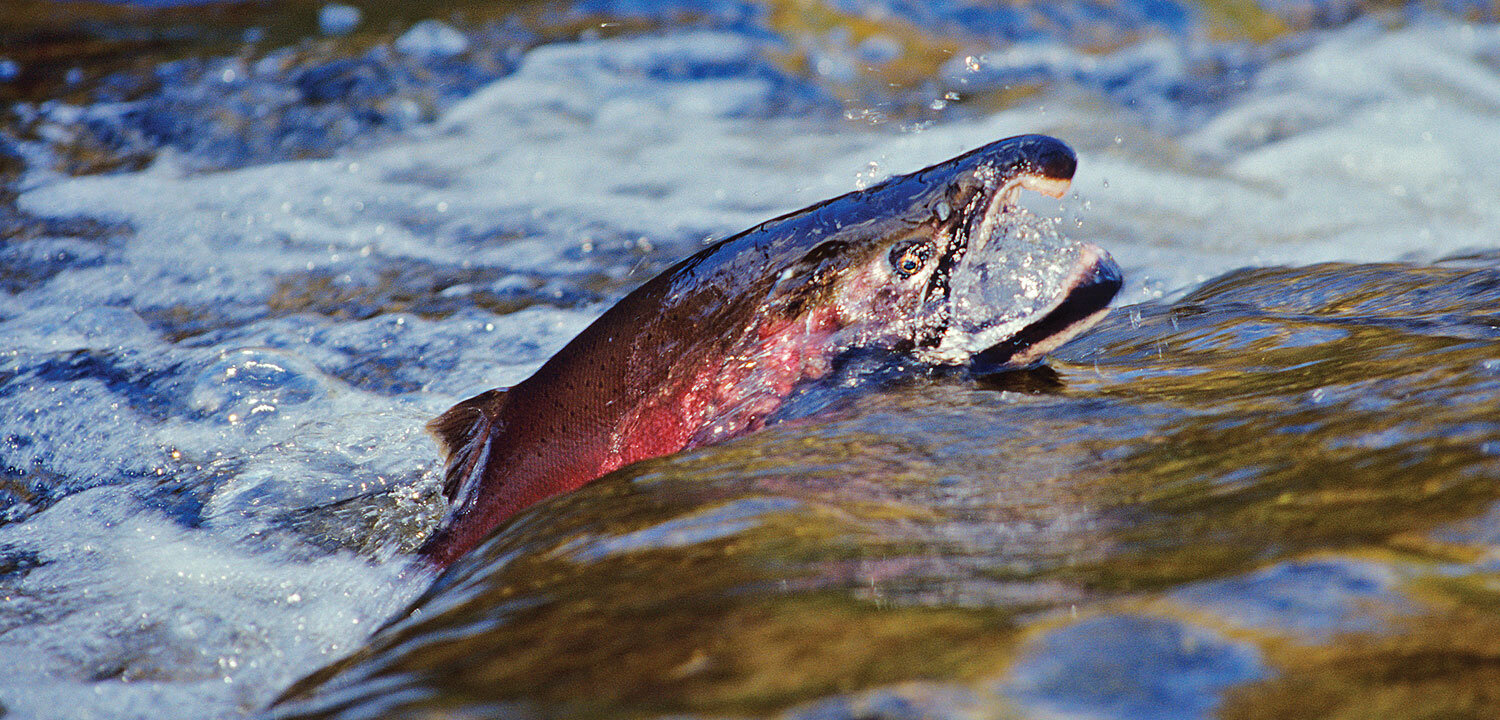The Saturday, April 3rd edition of The Globe and Mail contains three articles that should concern us all and call our government to account.
“Troubled Waters” by Alexandra Morton describes the disastrous decline of wild salmon populations on Canada’s west coast. The article states: “Salmon farming in Canada was born on the wrong side of the law more than 30 years ago, and it has continued to bend the spirit and intention of Canadian fishery laws, no matter the successful legal challenges to its practices or the science measuring the harm it causes to wild fish.” Morton cites instances of senior bureaucrats playing down and suppressing science reports on the impact of salmon farms on wild salmon. The Department of Fisheries and Oceans (DFO) refused to acknowledge evidence of their own and other scientists about a decimating virus traced to Norway that caused heart damage and the rupture of red blood cells of chinook salmon. Only 5% of the late-run Fraser River sockeye salmon lived to return to the river in 2020. Morton decries the government’s act of hiding evidence of an epidemic that could wipe out the last of the salmon in the Fraser River, the largest salmon river in the world. The renowned biologist issues a warning: This is a moment after which B.C. will never be the same. Many wild salmon populations can no longer decline; if this abuse continues, they can only vanish.”
In this same issue of The Globe and Mail, “Delta in danger: Time is running out for Vancouver’s ecological wonderland” is equally troubling. Margaret Munroe, a Vancouver-based journalist describes abuses of journalists and wildlife photographers, and human traffic that has battered the Fraser estuary, one of the richest and dynamic ecosystems on earth. In the past 200 years, the landscape has been transformed “Grizzlies and elk are long gone, and less than 30 percent of the wild habitat remains.” The floodplain has been drained and diked to allow for farms and the sprawl of Metro Vancouver. The Port of Vancouver’s plan for a 3.5 billion dollar expansion of a shipping terminal and a ship-to-ship LNG marine refueling service, and the continued development and encroachment of the estuary threaten the wetlands on which chinook salmon depend and the killer whales that, in turn, rely on the salmon. A recent UBC study concludes that there is an urgent need for action to protect and restore the estuary in which two-thirds of the 102 species have less than a 50% chance of survival over the next 25 years.
Finally, the third article by two-time Olympian, Scott Niedermayer, “Old-growth forests are an invaluable resource we can’t afford to lose” evokes sadness. These once vast forests which have been growing from the middle ages have been mostly lost. Less than 3% of the province’s forested land is made up of big tree, old-growth forests, an area of only about 400,000 hectares. Many species of animals are endangered. The role of the forests in storing carbon dioxide and mitigating climate change is critical. Unless these old-growth forests are no longer logged, they will be gone forever from earth, our common home.
We need a government that exercises its responsibility to the world in placing the protection of our environment above economic self-interests. We also need each of us to demand that our government fulfill its responsibility.
-Sister Pat McKeon, csj






